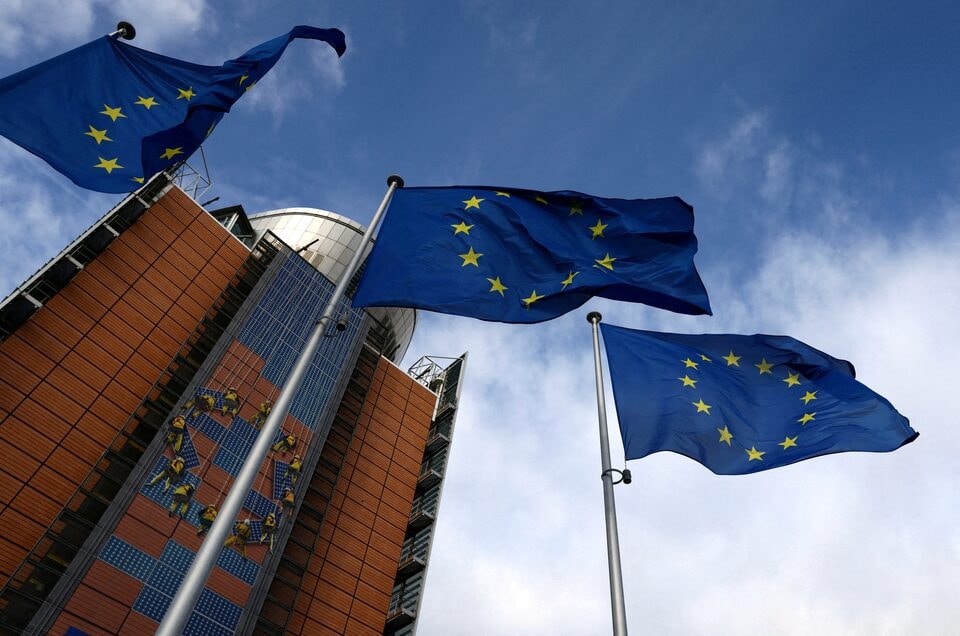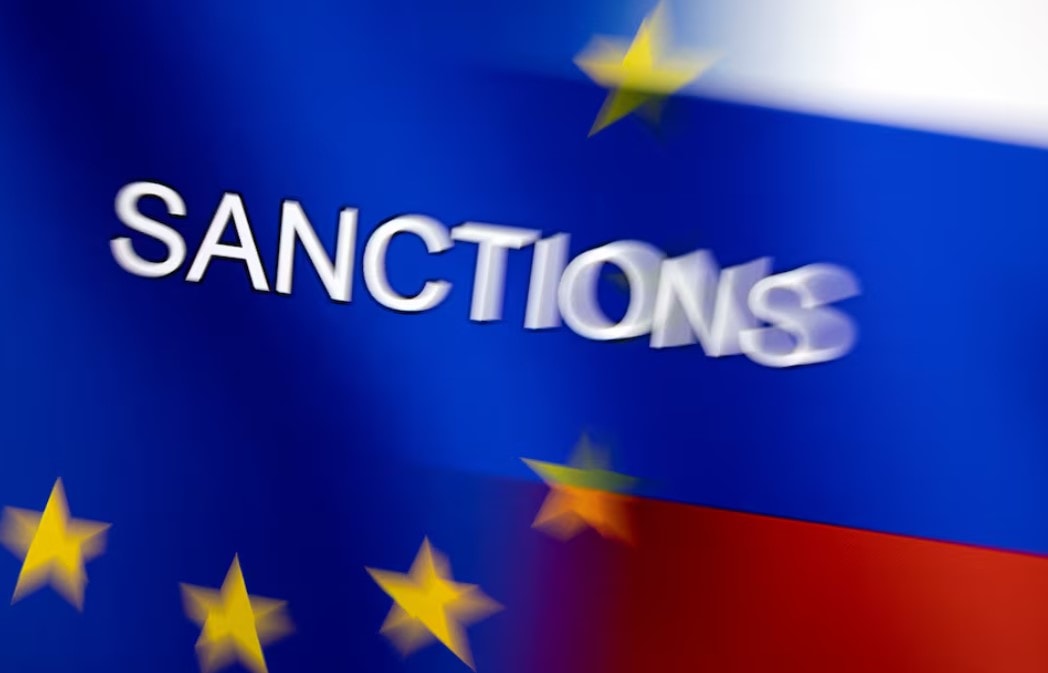Western sanctions tighten: A Russian perspective on a new phase of confrontation.
According to expert Ivan Timofeev from the Valdai Club, the EU's 19th package of sanctions and new measures from the US, despite being announced with much fanfare, are unlikely to inflict a serious blow to the Russian economy. He argues that this is not a move to seek a solution, but rather a sign that the conflict is entering a new, more prolonged and intense phase of confrontation.

Once again, the European Union (EU) and the United States announced new sanctions against Russia almost simultaneously. Brussels finally approved the 19th long-discussed sanctions package, despite initial opposition from Slovakia and Hungary. On the Washington side, the administration of President Donald Trump also launched its first major sanctions measures since his return to the White House.
However, according to Ivan Timofeev, program director of the Valdai Club, these measures are unlikely to deliver a serious blow to the Russian economy, which had already anticipated these moves.
The sanctions package is primarily "symbolic".
As usual, the EU has expanded its list of sanctioned individuals and companies. In his analysis published by RT, author Ivan Timofeev argues that including industrial enterprises on this list has become a "habit" and their impact is increasingly symbolic.
More noteworthy are the secondary sanctions targeting Chinese companies involved in purchasing and processing Russian oil. Brussels hopes to deter Chinese businesses from handling Russian goods. However, the effectiveness of this move is highly questionable. Importing oil from Russia is profitable for China, and any external interference is likely to cause resentment and provoke retaliation from Beijing.
The EU also expanded restrictions on Russian banks. But according to Timofeev, since this sector was already subject to heavy US sanctions, the additional European measures would not change much. The list of sanctioned oil tankers also increased, but this was "more symbolic than consequential" because Russia's "shadow fleet" continued to operate effectively, evading Western scrutiny.
Another familiar tactic is the EU targeting third-country financial institutions that maintain ties with Russia, particularly those using Russian equivalent payment systems (such as SPFS, Mir, and FPS).
Other measures appear more symbolic than strategic. Brussels has banned services to the Russian tourism industry and imposed new restrictions on the travel of Russian diplomats – moves reminiscent of the “old Cold War scenario.” The ban on imports of Russian liquefied natural gas (LNG) sounds significant, but it simply “formalizes a process that was already underway” as European buyers had quietly reduced purchases months earlier.

Are the "hawkish" voices returning?
Across the Atlantic, Washington's new sanctions appear more focused, but not necessarily more effective. The Trump administration imposed punitive sanctions on two major Russian energy companies. According to an RT article, given the energy sector already constrained by extensive export controls, this "changes very little in substance." However, the decision is politically symbolic. It marks Washington's first major punitive move since Trump's return to the White House, a signal that the domestic hawks in the US have regained influence.
According to Ivan Timofeev, the re-imposition of sanctions is a negative indicator – a sign that the prospects for resolving the Ukrainian crisis are fading. Officially, Washington claims these steps are designed to "encourage a ceasefire." But in reality, they reflect an increasingly deep stalemate. The author emphasizes Moscow's position: Russia has made it clear that a mere ceasefire would solve nothing; it would only "freeze" the conflict without addressing its root causes. Any lasting solution must be comprehensive and reflect the security requirements that Moscow has long stated.
Instead, the new sanctions indicate the conflict is entering a new phase, one of escalating pressure and prolonged confrontation. Both sides are now maneuvering to gain an advantage ahead of future negotiations, which may take place sooner or later.
Russian experts observe that the hawks within the Western camp seem to have succeeded in steering US policy back towards escalation. However, the result may not be strategically beneficial to the West – but rather cause further damage to Ukraine, which continues to pay the price for the ambitions of other parties.



